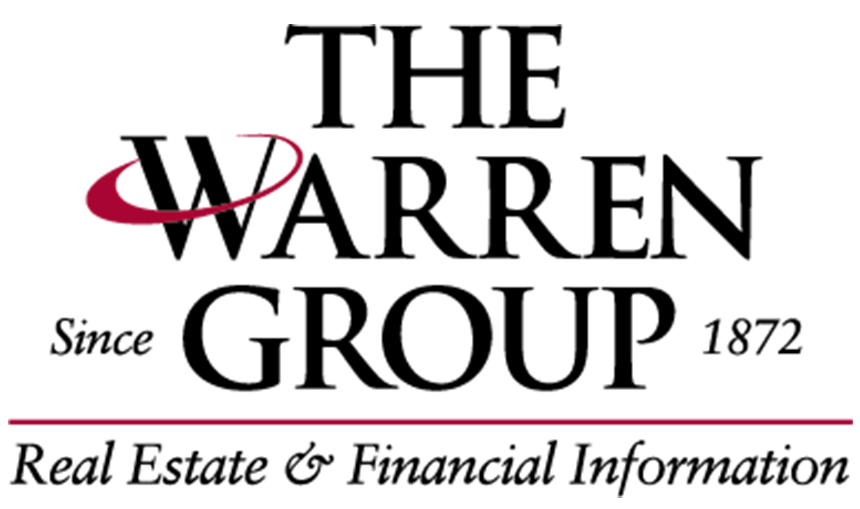Recently we talked about rising interest rates, the subsequent decline in purchase mortgage applications, and how it’s affecting lending professionals. Focus is primarily on how rising rates are affecting would-be homebuyers but it goes deeper than that. Loan originators are seeing more layoffs in response to decreased demand from borrowers and looking to alternatives to keep business coming in.
How can loan originators shift their focus to increase business?
We previously discussed how purchase mortgages are still in-demand, but not a long-term focus when we can’t predict exactly how rates will change in the future. Today’s market conditions don’t leave room for many campaign options but there is one they’re perfect for – reverse mortgages.
Properties aren’t only seeing increased prices; equity is rising too and homeowners over the age of 62 that own at least 50 percent of their home can take advantage of their sudden increase in equity with a reverse mortgage. As long as the property is their primary residence and they pass a financial assessment, homeowners can take their equity out in a lump sum, fixed monthly payment, or a line of credit. No payments are due until the borrower moves out permanently, sells their home, or passes away. Even if we see today’s homes prices and increased equity drop (as many expect) the borrower won’t be responsible for paying that difference because of reverse mortgage insurance.
Why would a homeowner want a reverse mortgage?
For many seniors, especially retirees, the majority of their net worth is wrapped up into their home and they may need access to those funds for bills or other life events. The money from a reverse mortgage usually doesn’t get taxed or affect Social Security payments or Medicare benefits.
What types of reverse mortgages are there?
The Federal Trade Commission lays out some specifics. There are three types of reverse mortgages: Single-purpose, Proprietary, and Home Equity Conversion Mortgage (HECM). Let’s look at the pros and cons of each…
Single-purpose:
Pros:
- The least expensive option
- Most homeowners can qualify
Cons:
- Not available everywhere
- Must be used only for one specified “purpose”. The homeowner must choose where the money is going and only spend it on that, like for repairs or property taxes.
Proprietary:
Pros:
- Private loans that could get you a larger advance
- The money can be used for anything
Cons:
- Higher interest rates and upfront costs
Home Equity Conversion Mortgages:
Pros:
- Funds can be used for anything
- Bigger loan advance than proprietary loans
- No income requirement
Cons:
- May require counseling
- High upfront costs
- There’s a limit to how much can be taken out for the first year
Get started on your outreach
Whatever option your clients prefer, the strategies that held up over the last 2 years are now out-of-date and in need of an overhaul. Get back into the game, and ahead of the competition, with a new approach powered by The Warren Groups fast and accurate data. Get started with a Reverse Mortgage Marketing List or by reaching out to one of our data specialists and asking for a sample today.


Recent Comments